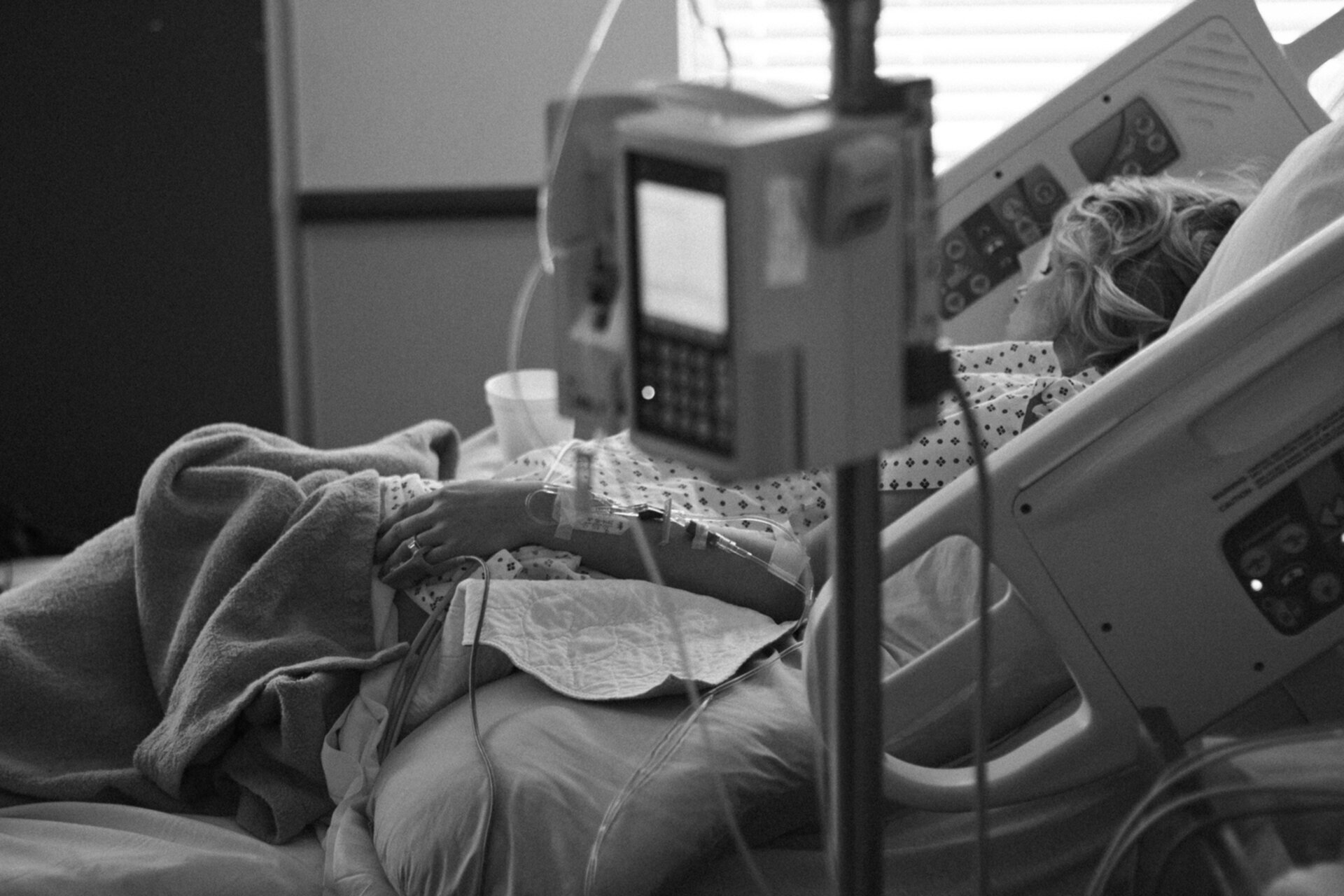
A Review - How has our community been impacted by COVID19?
30/10/2020
The COVID19 pandemic affected drug and alcohol providers across Wales, forcing them to completely re-design service provision in a relatively short timescale. The implications of this were vast.

Key Findings
Access to Services
- 60% were either unable to, or chose not to, access online support interventions
- 46% cited ‘face to face’ interaction as their preferred method of support
- 26% began accessing treatment during the pandemic
Impacts of Lockdown
- 31% needed support in a crisis situation during lockdown
- 38% said their family had been financially impacted by the lockdown
- 73% said their mental health had been impacted during lockdown
- 63% have experienced negative family impacts during the pandemic
Drug & Alcohol Use
- 48% attempted to reduce their alcohol intake at home during the lockdown
- 25% suffered a relapse following a period of abstinence during lockdown
- 85% received clear messages from their services on social distancing and measures to keep them safe
- 9% experienced a non-fatal overdose scenario during lockdown
What changed for services?
Clinical interventions such as BBV testing, urine testing and sexual health screening ceased. Starting people on prescriptions became challenging, and service users who were self-isolating depended on community staff delivering their prescriptions to them at home. Psycho-social interventions had to be quickly re designed. Online interventions like Breaking Free were offered. Phone check-ups replaced face to face meetings, and recovery activities including art groups, gym sessions and mutual aid groups were abandoned. Recovery Hubs and drop-ins closed their doors. Community Providers did exceptionally well in the circumstances. Assertive outreach teams continued to walk the streets as they tried to assist the Welsh Government achieve their ‘Everyone in’ campaign and support homeless individuals into temporary accommodation. Staff took turns to ensure critical bases stayed open. Many worked tirelessly from home, attending endless Zoom and team meetings to maintain their support for drug and alcohol users, their families and carers. PPE was purchased at inflated costs to ensure that staff and service users were protected.

Rondine Molinaro, Service User Involvement Lead
But what was the impact on the people we help?
Many Drug and alcohol users struggle at the best of times – so what was the impact when the whole country went into lockdown? Could they still buy drugs? Could they still shoplift to fund their use? What was the impact on their family? Did they relapse? Did their alcohol use increase with the rest of the population? These were the questions we wanted to ask, to help us plan our response if the anticipated ‘second peak’ arrived. It would also give us insight into what parts of our ‘new normal’ provision actually benefited our people. Should we continue to offer phone check-ups instead of face to face meetings? How much did our service users miss that face to face contact?
How did our peer community find the answers?
We knew we wanted to create a survey to help us get this information. In order to do this as transparently as possible, we enlisted the help of people with lived experience to complete the surveys with the people we wanted to talk to. There was another reason we wanted to involve a group of peers; In 2014, a Gwent commissioner requested that a group of peers complete a review of needle exchanges in the area. They undertook a ‘secret shopper’ exercise, and then documented their findings in a presentation – rating each needle exchange in different domains. That group of peers still talk about that review all these years later – how they felt ‘entrusted’ to go out and evaluate provision and report back on what could be improved. It gave them a sense of purpose, and above all else – a sense of being valued. We imagined doing this now – but on a national scale. If there is one positive of the pandemic – it is the ease with which we can get connected very quickly and involve people from all seven Welsh regions. Peers from North Wales, Gwent, Dyfed, Cwm Taf Morgannwg, Cardiff, Powys and Western Bay were identified and called together on Zoom. They were trained in survey delivery, using resources given to them by Katy Holloway from the University of South Wales. They created the questions and amalgamated these with questions from Welsh Government and Drug and Alcohol Commissioners – who were understandably as interested in the impact of the CV19 pandemic as we were.
Welsh Government agreed to fund the survey – enabling us to remunerate the peers for their work, and offer incentive vouchers to respondents. It wasn’t without challenge. Some people could not be reached on the phone numbers the peers were given. Some answered the phone and asked for a call back in a few hours. The peers had to painstakingly enter the survey responses into Survey Monkey after each phone call.
The survey interviews sometimes took an hour to complete. One service user was so eager to talk to someone – they kept the peer on the phone chatting for 90 minutes. Another service user was really struggling with their mental health and so the peer called their keyworker after the call to follow it up. The keyworker emailed us to express how well the peer had done. To say the peers did well is an understatement. They collectively interviewed over 200 service users across Wales and completed hours of data input. The peers themselves bonded and got to know each other quite well during our weekly catch up calls. After the survey was finished, they felt a sense of sadness that it was over.
They expressed an interest to do it all again. Some peers began paid employment during the survey, but continued to do their bit. One peer juggled her interviews in between lunch breaks as she was in full time employment. They also worked as a team – If one area received a flurry of responses and the peer was struggling to complete interviews, then a peer from another area would offer to complete the surveys themselves to shoulder the burden. On behalf of the Welsh Government, DACW members, Commissioners, staff and service users across the country – we would like to thank the peers for their collective effort, insight, passion and above all – their personal time that it took to undertake this project.
Download the full report HERE
Share



